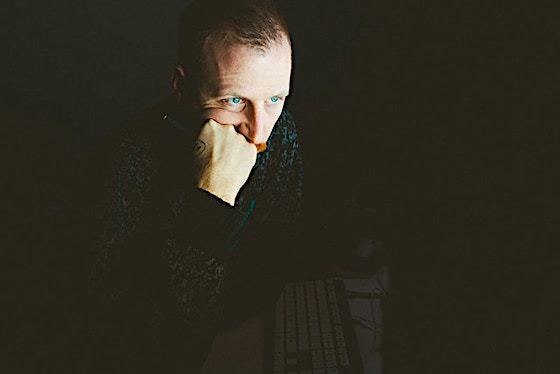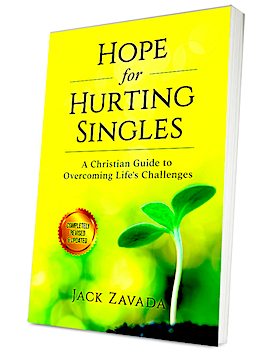When you've been hurt by dishonesty, it takes time to trust people again

Who hasn't been hurt by dishonesty? We singles know what that's like.
I think lying is more common now than I've ever seen it. In a 2023 Gallup poll, members of the U.S. Congress ranked near the bottom of all professions, with only telemarketers rated as being less trustworthy!
What's scary about that statistic is that the majority of Senators and Congress members claim to be practicing Christians. Yikes!
Lying, cheating and stealing are rampant in the workplace. People lie to cover their mistakes, lie about absenteeism, and lie on their resumes to get hired in the first place.
What hurts the most, though, is when you're betrayed by a friend or someone you love. I know what that's like. I'm sure you do too.
With so much deception going on, how can you avoid being hurt by dishonesty--and just as important, how can you avoid rationalizing that since everybody else is doing it, I might as well too?
Hurt by dishonesty: Consider the reason
When someone lies and you're the one hurt by dishonesty, your first reaction may be to believe that the person deliberately set out to hurt you.
Most of the time that's not the case. Usually a person lies to cover their own mistake or misdeed. Now that doesn't make it right, nor does it make your hurt any easier to take, but it does shed new light on the situation.

Some people are routinely dishonest because they have low self-esteem. If they're worried about being seen as incompetent, they may lie because they're scared. Deception has always been a favorite defensive weapon.
It's hard to be compassionate and forgiving to such a person, especially when you've been hurt by dishonesty, but it does remind you that it probably wasn't personal. That's just the way that person operates. They're an equal-opportunity rascal.
Does that excuse it? No, of course not. But when you understand a situation, you're better equipped to deal with it.
Consider the fallout

Dishonesty always has consequences, and usually they're bad. If you've been hurt by dishonesty, that's reason enough not to be dishonest yourself--because you know it will injure others.
When a situation comes down to the other person's word against yours, you can tell your side of the story to the supervisor or whoever the third party is. Don't accuse the other person of deception. Don't say they're a liar. Just tell the truth yourself, and let the third person make their own decision.
Being hurt by dishonesty is a bitter pill to swallow, but it's one of the hazards of living in a fallen world.
This isn't heaven. Some people go through life like an army tank, crushing everything in their path. They're oblivious to other people's feelings, as long as they get what they want.
You don't want to be that way. God is trying to mold your character so you'll resemble his Son Jesus. The gospels clearly show us plenty of people hated Jesus! Can we imperfect followers expect any better treatment? I think not!
Consider your attitude

It's very easy to get bitter. You were wronged, and it wasn't fair. You didn't deserve what happened to you.
Justice is wired into our DNA. We demand fair treatment and are outraged when we don't get it. But what can you do when you seem powerless to make things right?
There's only one effective solution: Turn it over to God and ask him to heal you.This is a big deal. You need someone with big power to make it right, and only God qualifies to fix it.
This is yet another case that demands trust in God. If you don't, you'll either seek your own revenge or internalize it. Either way, you lose. Unfairness will rot your insides out unless you commit it to God then move on. He can be trusted!
The last thing you want is to fall into the trap of becoming cynical because you've been wounded so often. I made that mistake. It makes you unattractive and bitter. Nothing good comes of it.
Jesus gave us good advice on how to protect ourselves in this fallen world:
"I am sending you out like sheep among wolves. Therefore be as shrewd as snakes and as innocent as doves." (Matthew 10:16)
That means we shouldn't stoop to the level of sin and wickedness, but we shouldn't let ourselves become doormats, either.
You can maintain your own personal integrity. You can avoid hurting others. You can resolve to move on with your life. With God's help, you can be bigger than whatever happens to you. That, single friend, is the only way to live.
How to avoid holding a grudge.
Bouncing back from life's injustices
More articles on this site:
Encouraging quotes on disappointment



